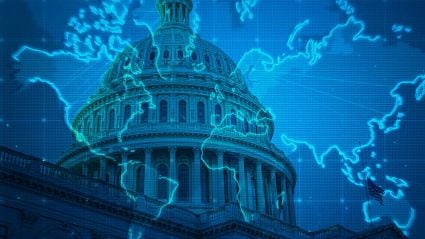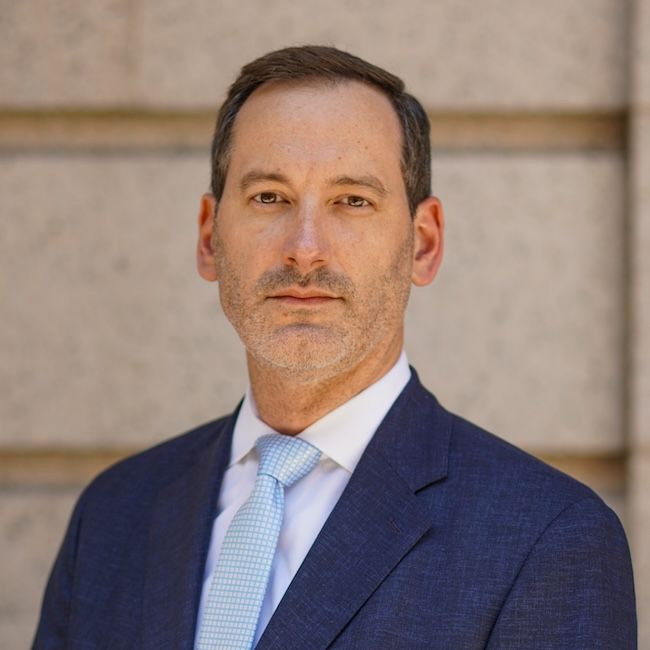Thank You for Downloading
Your download is complete—head to your Downloads folder to explore the insights.
Your download is complete—head to your Downloads folder to explore the insights.
In the wake of the 2008 global financial crisis and ensuing regulatory reforms, U.S. banks dramatically altered their sources of funding. Funding from non-deposit sources now accounts for only 13 percent of bank liabilities, compared with more than 30 percent 10 years ago. However, bank funding from Federal Home Loan Banks (FHLBs) has not followed suit. Money market fund reform, like FHLB advances, designed to strengthen financial stability may have unintentionally exposed taxpayers to potential banking system losses.
In this paper, we show that the use of FHLB advances accelerated following regulatory changes to money market funds. These regulatory changes lowered the cost of FHLB advances, and also had the effect of shortening the maturity of FHLBs obligations to satisfy the needs of MMFs. We conclude with some policy considerations.

The global economy has entered a new, more volatile era, defined by compounding disruptions in technology, climate resilience, and global trade.

That the US International Development Finance Corporation (DFC) has emerged as a focal point of strategies for advancing US economic statecraft is of little surprise. US strategic competitiveness is...


Belém, Brazil (November 9, 2025)—A new global study released today ahead of COP30 by the Milken Institute and The Harris Poll reveals that while 95 percent of people worldwide believe climate change...
 LR
LR









